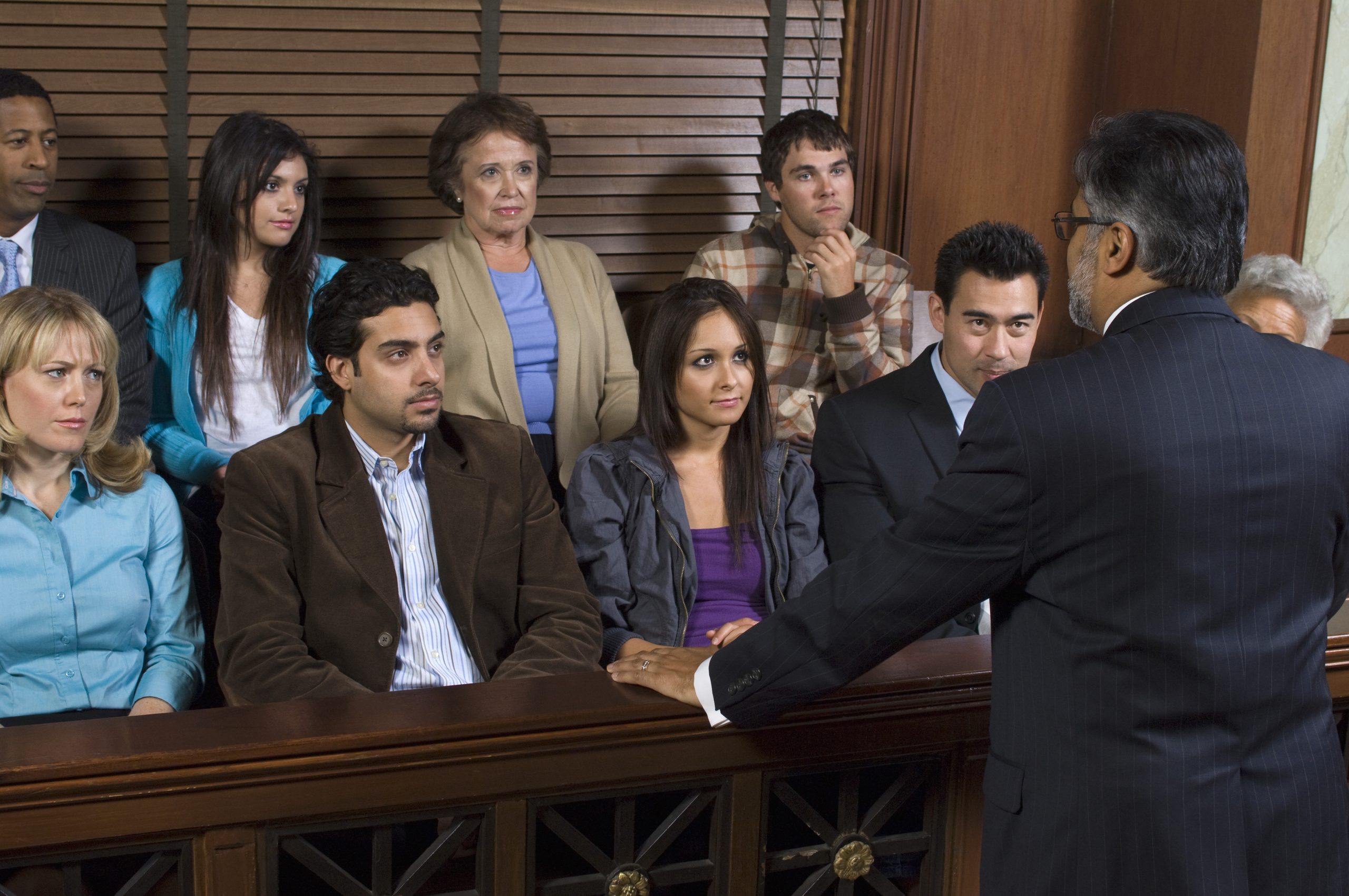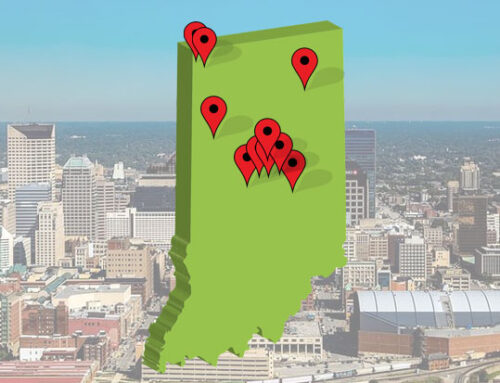Sometimes, injuries occur because someone is negligent. These injuries can be severe, but more often than not, the negligent person will be at-fault for the injury they caused. However, what happens when someone is injured, and because of their injury, causes someone else to be injured? Can they be considered negligent? Are they at fault for the injury they caused?
This has been laid out in the Restatement Second of Torts, which is a legal book that lays out specific concepts in tort law in a more concise way for easy access for those in the legal profession. In the Restatement of Torts, it states that when someone is injured or otherwise physically disabled, the standard of care which they must conform to is that of a reasonable person with the same injury or disability. A recent Indiana case has discussed this exact situation.
The Case: Denson v. Estate of Delmer Dillard and Indiana Farmers Mutual Insurance Company
In this case, the plaintiff was a passenger in a vehicle driven by the deceased. At the time of the accident, the deceased said that he did not feel good, slumped over in the driver’s seat, and the car crashed, causing the plaintiffs injuries. Plaintiff sued the estate and claimed that the driver of the vehicle owed him a duty of care, and breached that duty by causing the accident.
The court discussed two potential scenarios before deciding the case. In one instance, a person who did not know they might be susceptible to heart attacks would not be liable for causing an accident if they had a heart attack while driving. In the second instance, a person who knows that they might suffer a heart attack while driving could be found to be negligent if they continued to drive even while having this knowledge.
The plaintiff in this case did show evidence that the deceased had suffered a prior heart attack, but the court noted that doctors had cleared the deceased to resume driving after this first heart attack. Plaintiff also attempted to show that the deceased had been prescribed heart medication prior to his first heart attack, and that this should have put the deceased on notice that he suffered from heart problems, and could be susceptible to heart attacks. However, the court noted that the deceased was suffering no physical symptoms prior to this accident that would alert him that he was about to suffer a heart attack while driving.
Overall, the court held that because there was not enough evidence to show that the deceased knew that he was going to have a heart attack, and because of that, the deceased had provided the care that would have been reasonable by another injured or incapacitated person in that same situation.
This shows that in order for an injured person to be held liable for the injuries caused in an accident, a plaintiff must show that the injured person did not provide a standard of reasonable care that another injured person would provide in the same or similar circumstances.
Have You Been Involved in an Accident That is the Fault of Another?
Contact the experienced personal injury attorneys at the law firm of Hurst Limontes, LLC! Our attorneys have decades of combined experience in many areas of personal injury law. We work for our clients and will always fight for their just compensation. Contact our office by phone or email for a free consultation today!





